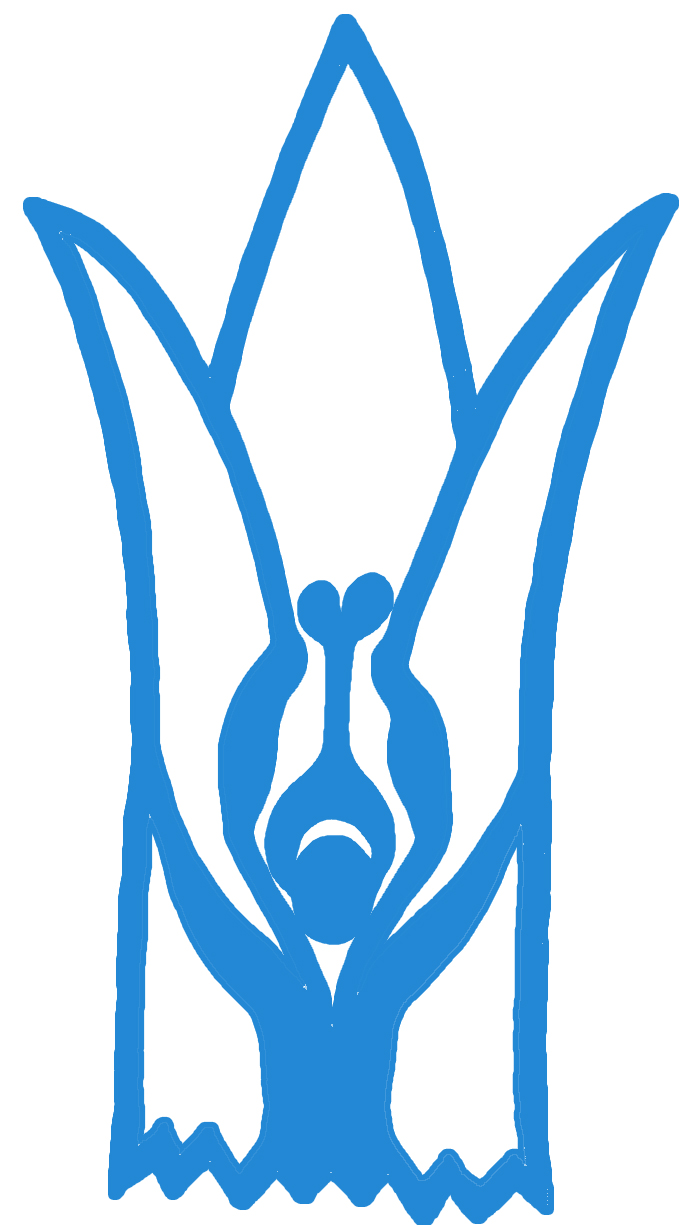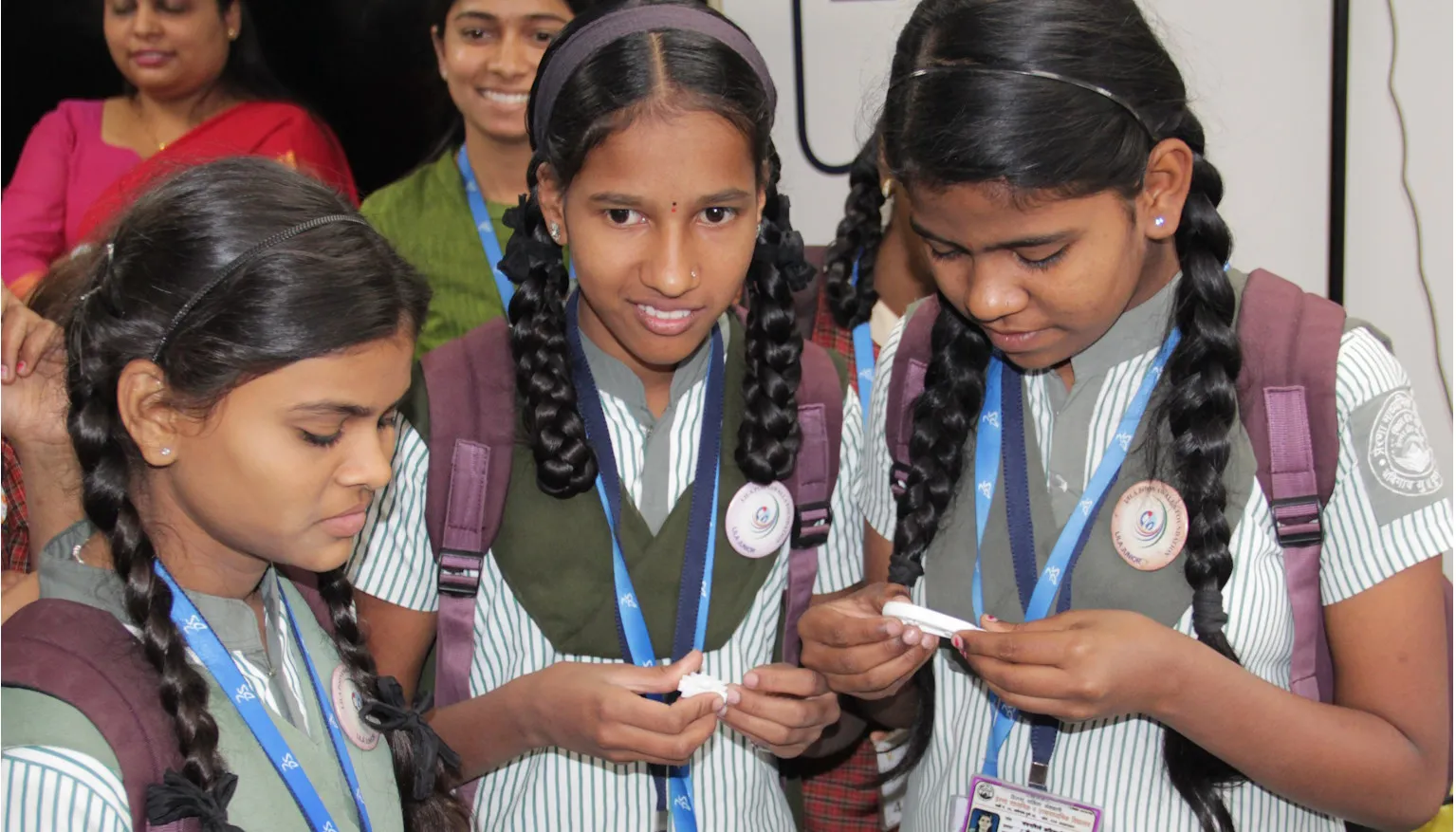ASPIRA : giving India's girl students the means to realize their dreams
Pioneering ASPIRA - "Fulfilling her Aspirations through Education", a program that supports academically bright yet disadvantaged girl students, helping them realize their dreams and become society change-makers within their communities.
Dreams come true... thanks to education
Addressing socio-economic disparities that often limit opportunities, La Fondation Dassault Systèmes in India created ASPIRA, a dedicated program aiming at empowering Indian girl students from financially disadvantaged backgrounds on their path to employment, preparing them to earn an independent living while giving them the means and the desire to make a difference in society.
The program offers a holistic approach to empowerment that includes both education and mentoring. Its primary ambition is to provide these girls with the skills and knowledge that are necessary to overcome societal barriers and achieve their dreams. It pursues different goals in this sense:
- Enhance the girls’ academic and professional growth through structured skill development programs.
- Open career perspectives and lead them to envision a brighter future thanks to these newly acquired skills.
- Develop "Society Change Makers" by instilling a sense of social responsibility and giving girls the desire to have an impact themselves.
- Empower and guide them through the mentorship of Dassault Systèmes women volunteers.
Several initiatives are already up and running under the ASPIRA program.
School ASPIRA: skilling up school girls from underprivileged communities and villages
In 2023, School ASPIRA supported 250 girls from seven government schools, offering them training focused on STEM-oriented, technical skills. In partnership with the Bhartiya Vidya Bhavan’s Muktangan Exploratory Science Centre of Pune, the students were invited to take part in workshops featuring hands-on experiments involving cutting-edge technologies such as 3D printing and laser cutting. The aim of this initiative is to spark their interest in digital technologies, improve their problem-solving skills, and stimulate their creativity.
Graduate ASPIRA: supporting young women throughout their engineering studies
In partnership with the Lila Poonawalla Foundation, the Graduate ASPIRA initiative has on long term focus: it supports 25 young women students from various engineering schools in the country (notably in Pune and Bangalore) throughout their four years of study, from admission to graduation. Each student receives a scholarship and uniquely benefits from one-on-one, personalized mentoring from women volunteers who act as buddies (सखी). The mentors are trained before taking on their role in order to provide the most fruitful and caring guidance to mentees.
Rural ASPIRA: bringing technology to every part of the country
Colleges in villages and rural areas of India are not sufficiently equipped with laboratories or hands-on learning facilities. Science students in these areas, especially girls, need more opportunities to learn through scientific experimentation, and they often have no idea of the career prospects in these domains, although it’s their specialized field. The Rural ASPIRA initiative, in partnership with the Vigyan Ashram learning center, is therefore already supporting 100 girls from rural villages through residential learning programs lasting from one week to one year. Focusing on technology and STEM skills but also on livelihoods, these programs enable girl students to gain greater autonomy and perspectives for the future.
Rural ASPIRA also supports young women students pursuing a diploma in basic rural technologies, enabling them to acquire multiple skills in the fields of engineering, energy and the environment, agriculture and livestock farming, and/or home and health in a rural context. By emphasizing a "learning by doing" approach, it prepares these students to become independent, self-sufficient workers in the future.
As part of the program, the "Makeathon for Girl students from Rural Science Colleges" also brings girls together in groups of 20 at a tech camp, providing hands-on collaborative learning around 2D/3D design, basic electronics or programming in the core areas of solar electronics, digital manufacturing and biotechnology. While encouraging collaboration and the development of soft skills, these hackathons for designers and makers also promote networking and exposes girls to future career prospects.
ASPIRA is a shining example of changing attitudes and the growing empowerment of Indian girls and young women. By providing education, mentorship and opportunities, ASPIRA not only fulfills the aspirations of these girl and young women students, but also enables them to be future leaders and catalysts for positive change in their communities, creating a brighter future for India's youth.
The 2030 Agenda for Sustainable Development
Adopted by all United Nations member states, the 2030 Agenda for Sustainable Development provides a shared blueprint for peace and prosperity for people and the planet, now and into the future. At its heart are the 17 Sustainable Development Goals (SDGs), which are an urgent call for action by all countries - developed and developing - in a global partnership. La Fondation Dassault Systèmes supports the ASPIRA program in meeting five of these goals : Quality Education, Gender Equality, Decent Work and Economic Growth, Reduced Inequalities, and Partnerships for the Goals.

About our Partners
Lila Poonawalla Foundation
The Lila Poonawalla Foundation (LPF) is a non-profit organization instituted by Mrs. Lila Poonawalla (recipient of the Padma Shri award in 1989) and Mr. Firoz Poonawalla in 1995. LPF is a Public Charitable Trust in India, accredited by the Credibility Alliance and headquartered in Pune with regional operations in Bengaluru, Hyderabad, Wardha, Amravati and Nagpur. LPF works towards promoting ‘Girl Education and Women Empowerment’ by offering Merit-cum-Need based scholarship and relevant Personal & Professional Skill Building programs to carefully chosen academically bright but financially disadvantaged girls. In its 27-year journey, the Lila Poonawalla Foundation has helped transform the lives of over 14,000 girls and their families with the sustained support of partners and donors.

The Bharatiya Vidya Bhavan Muktangan Exploratory Science Centre
Bharatiya Vidya Bhavan was founded by Kulapati Dr. K. M. Munshi in 1938 and has now become an international educational and cultural organization. It established the Muktangan Exploratory Science Centre (MESC) in Pune in 1992. MESC is a distinctive science center designed to stimulate curiosity and science learning in young children. The center values science as essential to understanding the world around us. Children from different schools are encouraged to experience science by performing experiments and activities in seven well-equipped state-of-the-art laboratories to compliment formal education. At MESC, children learn to explore, experiment, invent and innovate. MESC has set up their own Innovation Hub, which is supported by the National Council of Science Museums and La Fondation Dassault Systèmes.

Vigyan Ashram
Vigyan Ashram was founded in 1983 with one motto: “Development through Education & Education through Development”. VA has developed many innovative skill training programs based on "Rural Development through Education System" (RDES). RDES focuses on the "learning by doing" philosophy of education and aims to provide their services to communities at modest cost. This gives students experience and confidence to start their own enterprise.
